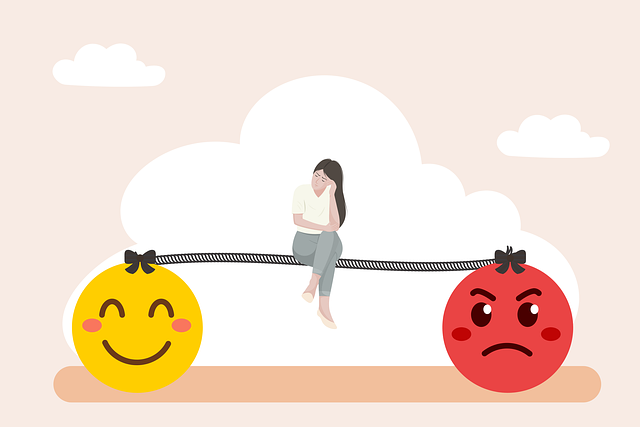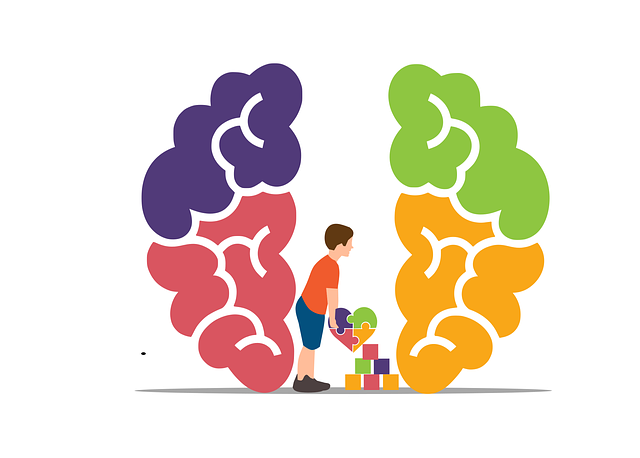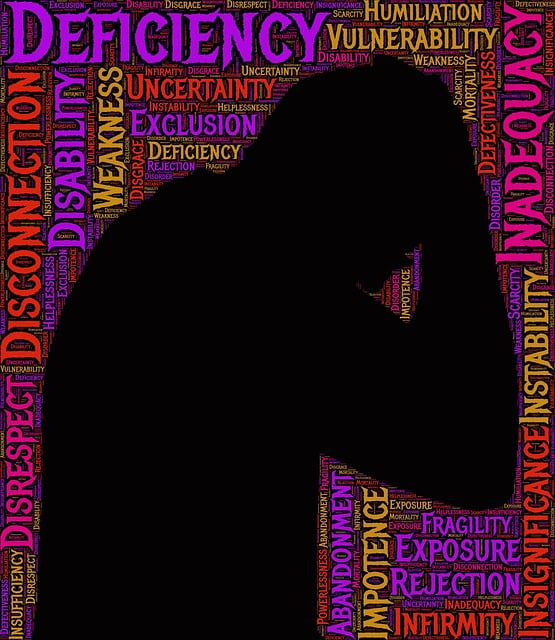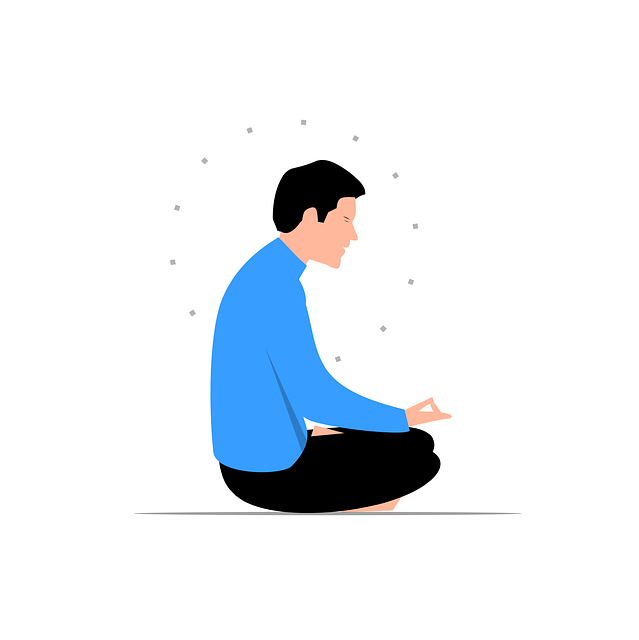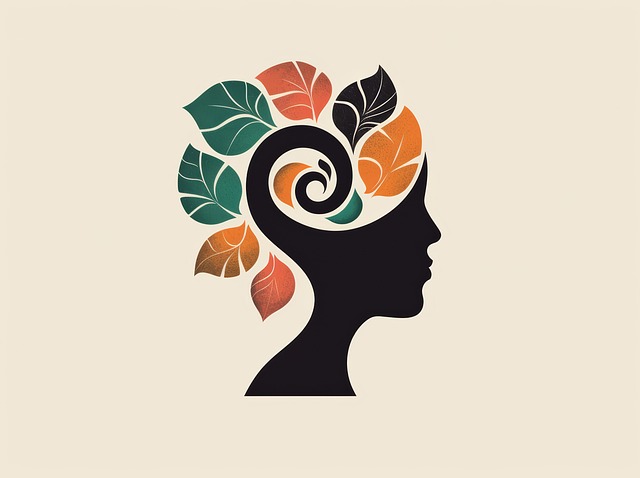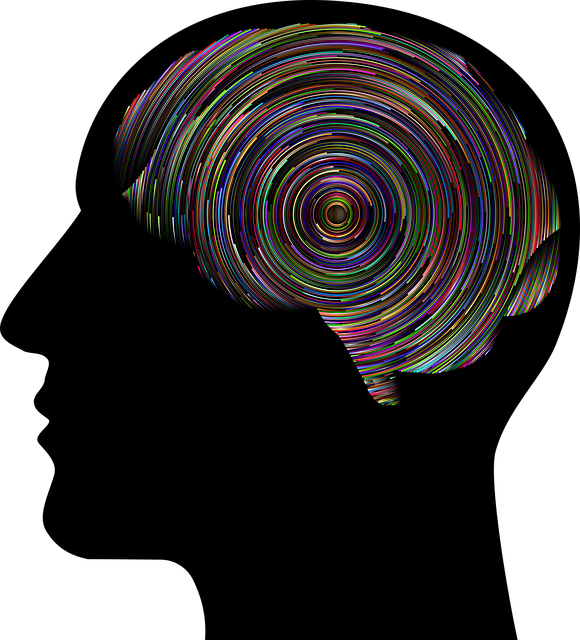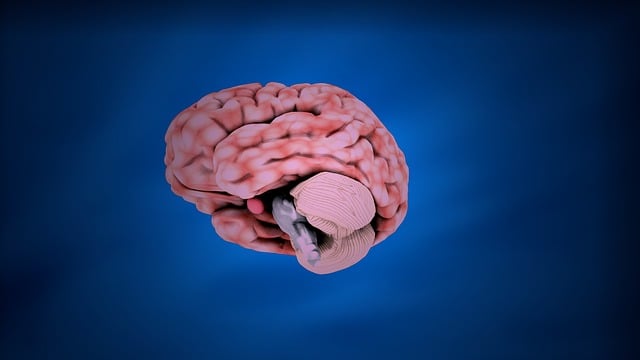Lafayette Geriatrics Therapy offers evidence-based, holistic mental wellness group facilitation for older adults. Their skilled facilitators create safe, supportive spaces encouraging peer sharing, emotional processing, and resilience building. Through active listening, structured activities, and self-care initiatives, these sessions enhance social connections, communication skills, and overall well-being. By addressing trauma and prioritizing facilitator well-being, Lafayette Geriatrics provides exceptional care, empowering seniors to navigate mental health challenges with confidence.
Mental wellness group facilitation is a powerful tool for fostering community and healing. This article explores effective techniques for leading supportive group sessions, inspired by Lafayette Geriatrics Therapy’s innovative approach. We’ll delve into understanding mental wellness dynamics in groups, key strategies for engagement, and creating a safe, therapeutic space. Discover how these methods can enhance well-being, offering a unique and impactful experience akin to Lafayette Geriatrics Therapy’s proven success.
- Understanding Mental Wellness Group Facilitation
- Lafayette Geriatrics Therapy: A Unique Approach
- Key Techniques for Effective Group Sessions
- Fostering a Supportive and Therapeutic Environment
Understanding Mental Wellness Group Facilitation

Mental wellness group facilitation is a specialized skill that goes beyond simply leading a gathering. It involves creating a safe and supportive space where individuals can share their experiences, process emotions, and gain insights from one another. This collaborative approach to therapy empowers participants to build resilience, foster social connections, and navigate mental health challenges more effectively. Facilitators play a crucial role in guiding these interactions by encouraging active participation, promoting open dialogue, and providing structured activities that enhance self-awareness and coping strategies.
At Lafayette Geriatrics Therapy, we recognize the significant impact of group facilitation on mental wellness. Our experienced professionals are trained to conduct risk assessments for mental health professionals, ensuring a secure environment. By implementing effective burnout prevention strategies for healthcare providers, we aim to sustain facilitators’ well-being while enabling them to deliver exceptional care. Resilience building is at the core of our approach, fostering not only participants’ mental wellness but also that of the facilitators themselves.
Lafayette Geriatrics Therapy: A Unique Approach

Lafayette Geriatrics Therapy offers a unique and holistic approach to mental wellness, particularly tailored for older adults. This method emphasizes the interconnectedness of physical, emotional, and cognitive health, recognizing that stress management and resilience building are essential components of overall well-being. Through a combination of evidence-based practices, self-care initiatives, and supportive group discussions, facilitators create a safe space for individuals to explore their mental health challenges and cultivate coping strategies.
The therapy focuses on empowering participants to navigate life’s complexities with enhanced adaptability and resilience. By integrating Lafayette Geriatrics Therapy into their routines, seniors can learn effective techniques to manage stress, improve self-care practices, and foster supportive connections within the group setting. This collaborative environment encourages open dialogue, fostering a sense of belonging and promoting mental wellness on a deeper level.
Key Techniques for Effective Group Sessions

Effective mental wellness group sessions rely on a blend of proven techniques that foster meaningful connections and positive change. One key strategy is Empathy Building Strategies, where facilitators actively listen and validate each member’s experiences, creating a safe and supportive environment. This not only encourages open dialogue but also enhances Resilience Building, helping individuals navigate challenges with greater fortitude.
Additionally, incorporating Social Skills Training is invaluable. Through role-playing exercises and group discussions, participants learn and practice essential communication skills, fostering better interactions both within the group and in their daily lives. These collaborative activities not only improve mental wellness but also serve as a powerful tool for personal growth, mirroring the compassionate approach offered by Lafayette Geriatrics Therapy.
Fostering a Supportive and Therapeutic Environment

Creating a supportive and therapeutic environment is a cornerstone of effective mental wellness group facilitation. At Lafayette Geriatrics Therapy, we understand that a safe, non-judgmental space encourages vulnerability and fosters meaningful connections among group members. Facilitators play a pivotal role in cultivating this atmosphere by modeling active listening, empathy, and respect for each individual’s unique experiences. Through open discussions, guided exercises like Mental Wellness Journaling, and opportunities for sharing personal self-care practices, participants feel empowered to navigate their mental health journeys with greater resilience.
By integrating Trauma Support Services into group dynamics, facilitators address potential barriers that might hinder progress. This approach ensures that every individual feels seen, heard, and supported in a way that aligns with their specific needs. Encouraging emotional expression while providing practical guidance on Self-Care Practices equips participants with valuable tools to manage stress, process trauma, and promote overall mental wellness. Such an inclusive environment not only enhances the therapeutic experience but also paves the way for profound personal growth and enhanced peer support.
Mental wellness group facilitation is a powerful tool, as evidenced by innovative practices like Lafayette Geriatrics Therapy. By implementing key techniques, such as creating a supportive environment and utilizing unique approaches, facilitators can significantly enhance therapeutic outcomes. Understanding these methods allows professionals to foster meaningful connections and promote mental well-being in a group setting. This holistic approach, inspired by pioneers like Lafayette Geriatrics, ensures that participants receive comprehensive support tailored to their needs.


